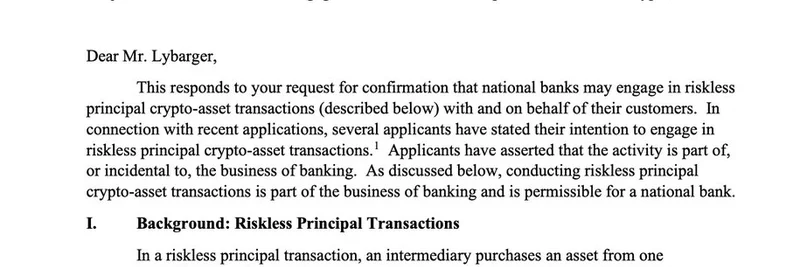Hey folks, if you're deep into the world of crypto and meme tokens, you've probably heard about the wild rides these assets can take. But today's news takes it to another level with a major security breach involving the $YU token on the Polygon network. Let's break it down in simple terms, so you can stay ahead of the curve and protect your own holdings.
What Happened in the $YU Exploit?
According to a recent update from BSCNews on X, the $YU token—part of the Yala protocol, which is a Bitcoin-backed stablecoin designed to maintain a peg to the US dollar—got hit hard. A hacker managed to mint a whopping 120 million $YU tokens directly on Polygon. That's like printing money out of thin air in the crypto world!
From there, the attacker didn't waste time. They bridged some of these tokens across chains to Ethereum and Solana, selling 7.71 million $YU for an equivalent 7.7 million USDC. USDC is a popular stablecoin tied to the U.S. dollar, making it easy to cash out or move funds without volatility. The hacker then swapped that USDC for 1,501 ETH and spread it across multiple wallets to cover their tracks.
As per on-chain analysis from Lookonchain, the bad actor still has 22.29 million $YU sitting on Ethereum and Solana, plus another 90 million untouched on Polygon. This suggests the exploit might not be over yet, and more dumping could follow, potentially crashing the token's value further.
Who or What is $YU Anyway?
For those new to this, $YU isn't your typical dog-themed meme token—it's actually an over-collateralized stablecoin from Yala, backed by Bitcoin deposits. Users lock up BTC to mint $YU, allowing them to tap into DeFi without selling their Bitcoin. It's soft-pegged to $1, meaning it should hover around that price, but exploits like this can shatter that stability.
In fact, following the attack, $YU depegged dramatically, dropping as low as $0.20 according to reports from Cointelegraph and Yahoo Finance. That's an 80% plunge! Yala has since suspended some functions to mitigate the damage, but the peg hasn't fully recovered.
While $YU itself isn't a meme token, this incident echoes the vulnerabilities we often see in the meme coin space—things like unauthorized minting, bridge exploits, or smart contract flaws that lead to rug pulls or massive dumps.
Why This Matters for Meme Token Holders
In the meme token ecosystem, where projects launch fast and furious on chains like Solana, Ethereum, and yes, Polygon, security is often an afterthought. This $YU hack serves as a stark reminder that even "stable" assets can be vulnerable. Hackers exploit weaknesses in code, especially in cross-chain operations, which are becoming more common as meme tokens expand across networks for better liquidity.
If you're holding or trading meme tokens, here's what you can take away:
- Audit Checks: Always look for projects with audited smart contracts. Tools like Rugdoc or official audits from firms like PeckShield can help.
- Liquidity Monitoring: Watch for unusual minting or large transfers using trackers like DexScreener or Lookonchain.
- Diversify Risks: Don't put all your eggs in one basket. Meme tokens are fun, but mix them with more established assets.
- Stay Updated: Follow reliable sources like BSCNews or Lookonchain for real-time alerts on exploits.
This exploit also highlights the risks in DeFi protocols, especially those involving bridges. Cross-chain moves are convenient but can be Achilles' heels if not secured properly.
The Bigger Picture in Blockchain Security
The crypto space is evolving, but hacks like this—estimated at $7.7 million drained—show we still have a ways to go. Yala, backed by investors like Polychain, is now in damage control mode, but the incident could shake confidence in Bitcoin-backed stablecoins.
For meme token enthusiasts, think of this as a cautionary tale. Many meme projects use similar mechanics, and a mint exploit could wipe out liquidity pools overnight. Keep an eye on community discussions on platforms like Reddit's r/cryptocurrency or X for early warnings.
If you're curious about more such stories or want to deepen your knowledge on meme token tech, stick around at Meme Insider. We've got guides, analyses, and the latest scoops to help you navigate this exciting but risky world.
What do you think—will $YU recover its peg, or is this the end of the road? Drop your thoughts in the comments!



